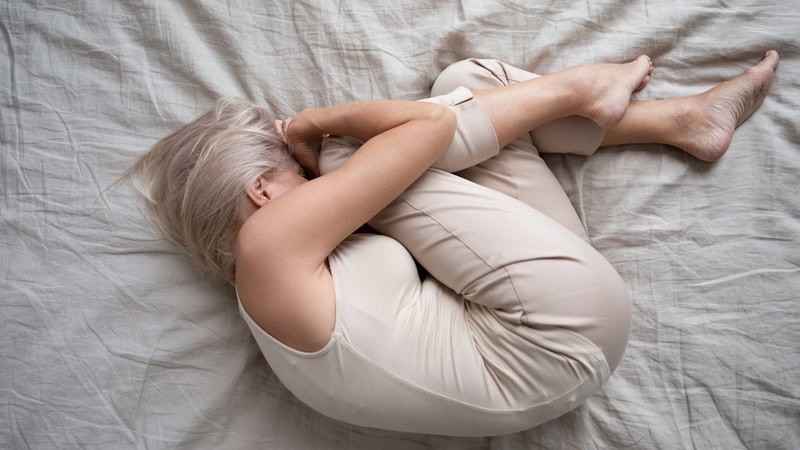Do You Need a Sleep Tracker?
The pros and cons of using a device to monitor your slumber
You probably know by now how important sleep is, for our physical and mental health as well as simply for enjoying life. Devices known as sleep trackers promise to monitor our sleep quality so we can improve if need be. But do they? Howard LeWine of Harvard Health looks at the pros and cons of using a sleep tracker.
Question: I hear so much about sleep trackers. I think my sleep is adequate, but I wonder if using one of these devices would help me be sure. What’s your opinion?
Answer: Many types of devices are marketed to track sleep, ranging from watches and rings to smartphone apps and mattress monitors. Some measure whether you’re asleep or not by recording aspects such as movement, heart rate, body temperature, and breathing patterns — all of which change at different sleep stages.
Using sleep trackers can present distinct pros and cons. Among the pros:
- They can make you more aware of your sleep patterns.
- They can offer affirmation if you’re trying to form better sleep habits. Trackers allow people to see if their bedtimes and wake times aren’t stable, which they should be. Our sleep is really best when we’re on a regular schedule.
- They can identify a potential sleep disorder by spotlighting signs such as awakening many times during the night. Some trackers offer information about your oxygen variability. They can be very helpful in identifying sleep-related breathing disorders, such as sleep apnea.
But the devices can also lead to an unhealthy preoccupation with sleep, which can fuel insomnia. Here are some other downsides:
- Interpreting and using the data can be confusing. For example, your tracker may tell you that you’re apparently not sleeping very deeply, but you might not know how to change that.
- Focusing on sleep data may lead some people to ignore how they actually feel after sleeping. Can you wake up without an alarm clock? Make it through the day without feeling exhausted or drinking five cups of coffee? These can be much more useful metrics.
Even if decide to use a sleep tracker, you want to maximize your chance of high quality sleep:
- Set consistent bed and wake times. You can use a tracker to help you do this or merely rely on the clock.
- Don’t check sleep data first thing in the morning. Start your day, decide how you feel, and then look at your sleep tracker.
- Monitor substance use surrounding sleep. Pay attention to when you last used caffeine, alcohol, and tobacco, which can all affect sleep quality.
- Reduce or mask noise. Heavy curtains and rugs can help absorb sound. A sleep machine that provides white noise, or a recording of soothing sounds such as falling rain, can mask outside noise.
- Consider your medication use. Ask your doctor or pharmacist if any prescriptions or supplements you take might make it harder to fall or stay asleep.
Howard LeWine, M.D. is an internist at Brigham and Women’s Hospital in Boston and assistant professor at Harvard Medical School. For additional consumer health information, please visit www.health.harvard.edu.
©2025 Harvard University. For terms of use, please see https://www.health.harvard.edu/terms-of-use. Distributed by Tribune Content Agency, LLC.


